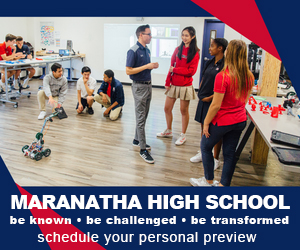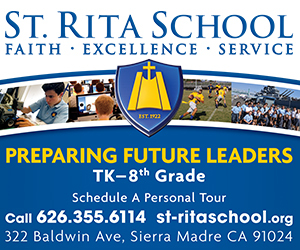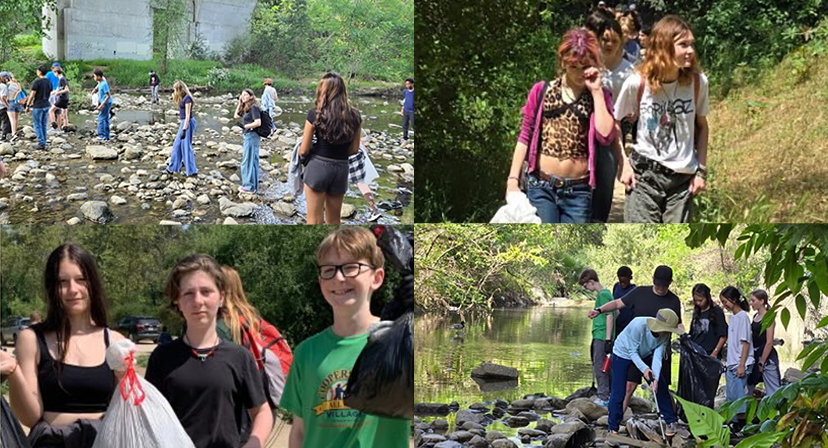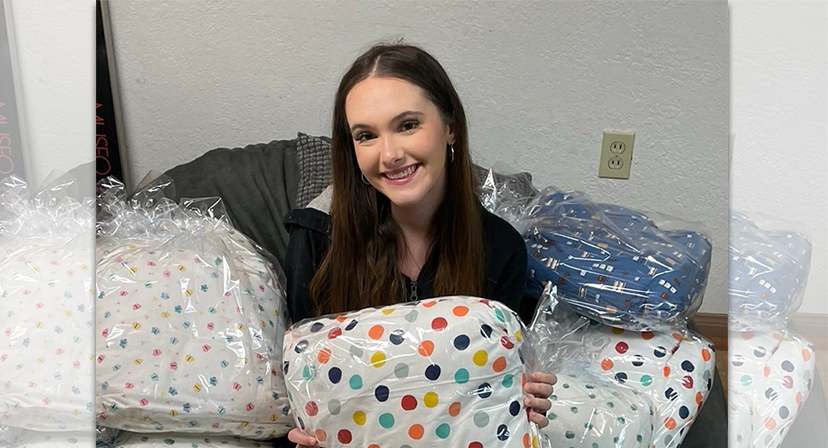Is Your Child Ready To Be Left Alone After School?
 More and more, parents are finding it necessary to leave one or more children at home alone after school. Inevitably, you as a parent will at some point have to face this decision. Before you panic, consider these benefits – it can help boost confidence, promote independence and develop a sense of responsibility in your child. But before making this decision, there are some things to consider: Is your child mature enough to care for him or herself? Does he or she know how to make good decisions and obey rules? How does your child handle stressful or unfamiliar situations? How does your child feel about being left at home alone – do they seem comfortable or does it create anxiety?
More and more, parents are finding it necessary to leave one or more children at home alone after school. Inevitably, you as a parent will at some point have to face this decision. Before you panic, consider these benefits – it can help boost confidence, promote independence and develop a sense of responsibility in your child. But before making this decision, there are some things to consider: Is your child mature enough to care for him or herself? Does he or she know how to make good decisions and obey rules? How does your child handle stressful or unfamiliar situations? How does your child feel about being left at home alone – do they seem comfortable or does it create anxiety?
Before leaving your child at home for extended periods of time, consider some trial runs such as taking a quick trip to the grocery store, or block out a couple of hours for some errands. Upon return, have an open conversation with your child to discuss their feelings and any concerns.
Create a Safe Home Environment
When planning for a safe home environment, it’s a good idea to have a safety plan for emergencies that your child can easily follow. Don’t forget to have plenty of healthy food on hand for an after-school snack or meal that can be easily prepared without use of the stove or other appliances.
These days there are a number of new technologies designed to increase child safety in the home. From Reviews.com, this Safety Guide for children staying home alone after school provides more information on child safety technologies such as a smart home camera, smart doorbell camera, a GPS watch for kids, smartphone tracking apps and computer monitoring software.
Knowledge of basic first aid can be beneficial to any tween or teen staying home alone. One good resource for first aid training is the American Red Cross. They offer a wide array of classes, online and in person, as well as some certifications.
Make sure you home is hazard free. Be sure all smoke alarms are in working order. Items like cleaning chemicals, medications and alcohol can easily become a hazard if not properly stored. If you have firearms, be sure they are locked up and inaccessible. If you have a pool, can it be locked? Even responsible teens can yield to temptations brought on by peer pressure and adolescent behavior characteristics such as impulsivity and a feeling of invincibility.
Understand Home Security
Make sure your child knows how to lock and secure all doors and windows. If your home has a security system, make sure your child knows how it works, and how to handle it in the case of a real emergency or an unintended false alarm. In addition to having a house key, have a back-up plan in case your child gets locked out of the house. This could involve a pre-arrangement with a neighbor or other family member. What if an unknown visitor comes to the door? Try to think through scenarios such as this and make plans for your child to deal with accordingly.
In Case of an Emergency
While an actual emergency is unlikely to occur, it’s always good to have a plan in place, for your peace of mind as well as your child’s. Make sure your child knows your whereabouts and how to contact you at all times. Identify nearby trusted adults your child can contact if an incident arises, and make sure this information is spelled out in a way your child understands and is stored in an easily accessible place. Be sure your child knows to call 911 in case of emergency and is able to state his or her full name, home address and phone number. With this handy form from Reviews.com, your child can reinforce knowing this information by writing it out for themselves.
Youth Supervising Younger Children
If you have more than one child you are considering leaving at home alone, be sure the elder child is comfortable and agrees to supervise the younger siblings. T
Things to consider: Is your older child mature enough to supervise younger siblings, and does he or she feel comfortable with this responsibility? You may want to hear your elder child express in their own words how they feel about being in charge, if they are willing to take on this responsibility, and how they would handle any emergencies that may arise
At some point you will have to leave your children home alone. Just remember to plan ahead and keep an open dialogue with your kids about how they feel. With the proper structure, this opportunity can help build confidence and develop a healthy sense of independence for your child.
If you are looking for more ways to help your teen build confidence and independence, consider Futures Academy, a private school for grades 6-12 which provides customized learning through 1:1 instruction. At Futures Academy, students are able to learn at their own pace and in their learning style. Since the majority of coursework is completed outside the classroom, students develop good time management skills and quickly become independent learners.
If you have questions about how we can help students become more confident and independent, please contact us.
Futures Academy, 35 N. Lake Avenue, Suite 160, Pasadena, (888) 425-7876 or visit www.futures.edu/campus/pasadena.



















